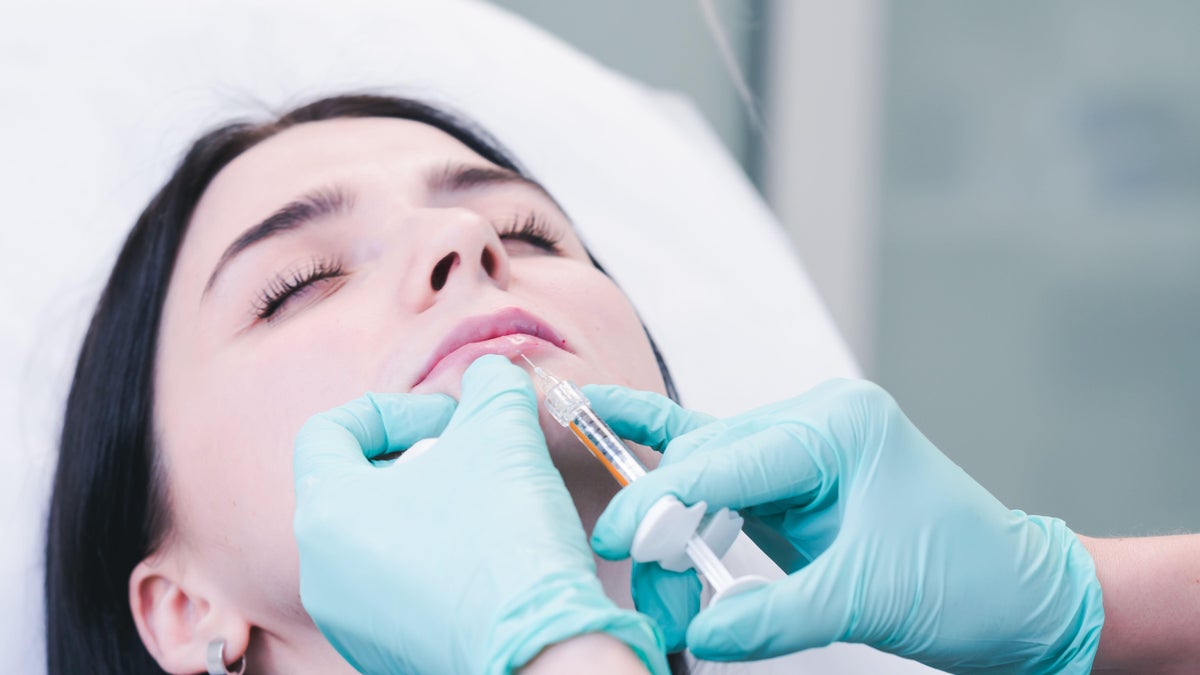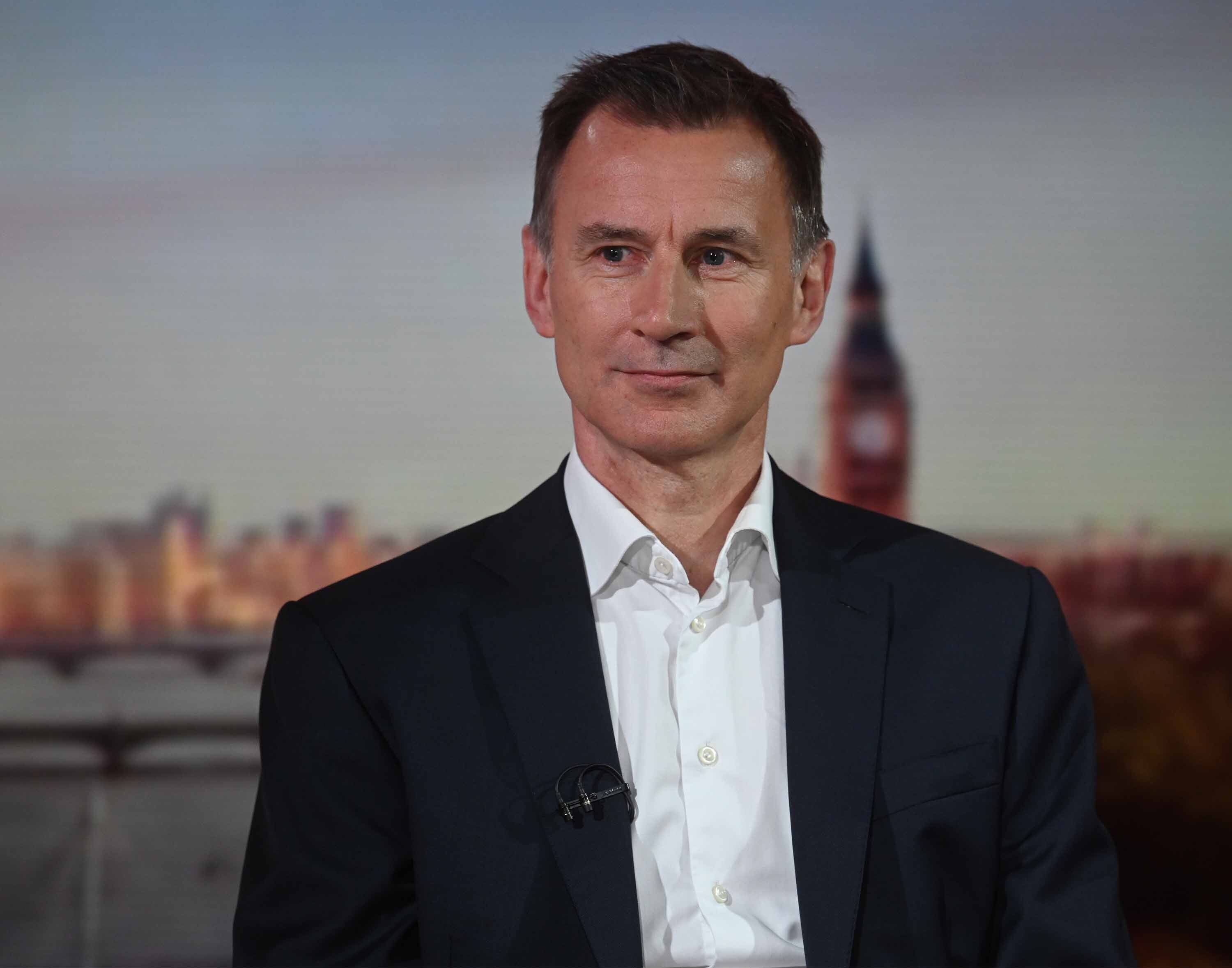
More must be done to help prevent body image dissatisfaction, including putting logos on some filtered images and new training standards for people who provide certain cosmetic procedures, MPs have said.
MPs on the House of Commons’ Health and Social Care Committee said the impact of body image on mental and physical health is “wide-reaching” and that the Government is “not doing enough to understand the scale of the risks” linked to body image dissatisfaction.
A new report from the committee calls for the Government to introduce a law so “commercial images” which feature bodies that have been doctored in any way – including changing body proportions or skin tone – are legally required to carry a logo to let viewers know they have been digitally altered.
We heard of some distressing experiences – a conveyor belt approach with procedures carried out with no questions asked, procedures that have gone wrong, the use of filthy premises— Health and Social Care Committee chairman Jeremy Hunt
MPs also called on ministers to discourage influencers from altering their images.
Meanwhile, the committee also called for action to reduce the “conveyor belt” approach to non-surgical cosmetic procedures – such as Botox injections or chemical peels – by bringing forward a licensing regime for providers.
This should also include minimum training standards for people providing these services and a “cooling off” period between consent and providing the procedure, MPs said.
Meanwhile, dermal fillers should be made prescription-only substances, in line with Botox, the group added.
They also called on the Government to do more to understand the “rise in body image dissatisfaction across the population, including the impact of social media”.
Chairman of the committee, former health secretary Jeremy Hunt said: “The Government must act urgently to end the situation where anyone can carry out non-surgical cosmetic procedures, regardless of training or qualifications.
“We heard of some distressing experiences – a conveyor belt approach with procedures carried out with no questions asked, procedures that have gone wrong, the use of filthy premises.
“It was clear throughout our inquiry that some groups are particularly vulnerable to exploitation in this growing market that has gone largely unregulated.

“We need a timetable now for a licensing regime with patient safety at its centre to reduce those risks.
“We hope that ministers will listen to our recommendations and set about creating the safety standards that anyone seeking treatment has a right to expect.”
The report also calls for more to be done to tackle obesity and to help prevent chidden from developing body image issues in early life.
MPs urged the Government to restrict multibuy deals for foods and drinks high in fat, salt or sugar.
Meanwhile the Government should review the growing use of anabolic steroids for cosmetic purposes, the group said. MPs proposed a safety campaign for those at risk.
Mr Hunt told Sky News: “There are a lot of backstreet cowboys where you can turn up and get non-surgical cosmetic procedures done to change your face, the shape of your nose.
“We say that shouldn’t be something you can just turn up and get done on the spot, there should be a cooling-off period.
“And, in particular, there should be an obligation on whoever is conducting that procedure to look into your full history, including your mental health history, and talk about that with you, because it might be that this isn’t actually anything to do with your look, it is to do with mental health issues.
“The thing to do is to look at the root cause of those problems, not to change your face.”
He added: “In some ways, access is too easy for people who are feeling depressed or anxious about their body image. They can go and get these procedures done on the spur of the moment, without proper consideration, and then they find out that it hasn’t actually solved the root problem.”
He went on: “We now think that around 60% of 17 to 19-year-olds may have a possible eating disorder, so this is a very dramatic increase over the last couple of decades.
“And social media appears to be one of the causes – we call for some research to be done so that we can properly understand that.
“But, at the very minimum, when commercial companies photoshop images to make people more thin than they would be in real life, we think that should be labelled – we think people looking at those images should know this is not a real human being.
“And that’s part of the way that we can help people use social media with more awareness, (to know) some of the tricks of the trade if you like, and therefore stop this ever-focus on our bodies, which is so damaging for so many young people, particularly young women.
“I think the social media landscape is in need of an overhaul in areas like this, particularly when it affects young people.”
Victoria Brownlie, chief policy officer for the British Beauty Council, urged the Government to take the committee’s recommendations forward, adding: “We want a beauty industry that stands as a beacon for body positivity with world-leading standards of care.
“Regulation for non-surgical cosmetic procedures can’t come soon enough and, while the Government has committed to addressing this, current party politics means that such policy changes are in limbo. Timelines are unclear.”
Tom Quinn, director of external affairs at eating disorder charity Beat, said: “We welcome the Health and Social Care Committee’s proposal to ensure digitally altered images are clearly marked.
“Whilst viewing irresponsible advertising or social media images would not be the sole cause of an eating disorder developing, the pressure to conform to a particular body shape or size can have an incredibly detrimental effect on self-esteem and wellbeing, particularly in younger people.”
We know the devastating impact issues around body image can have on a person's mental and physical health, and we are continuing to take steps to support those affected— Government spokesman
A Government spokesman said: “We know the devastating impact issues around body image can have on a person’s mental and physical health, and we are continuing to take steps to support those affected.
“As part of our ongoing effort, we will be introducing a national licensing scheme to help prevent exploitation, improve safety and ensure individuals are making informed and safe choices about non-surgical cosmetic procedures.
“This will build on the existing support we have put in place, from expanding mental health services – including for those with body dysmorphic disorder – with an additional £2.3 billion a year by 2024, to changing the law preventing under-18s accessing Botox and filler treatments for cosmetic purposes.”







